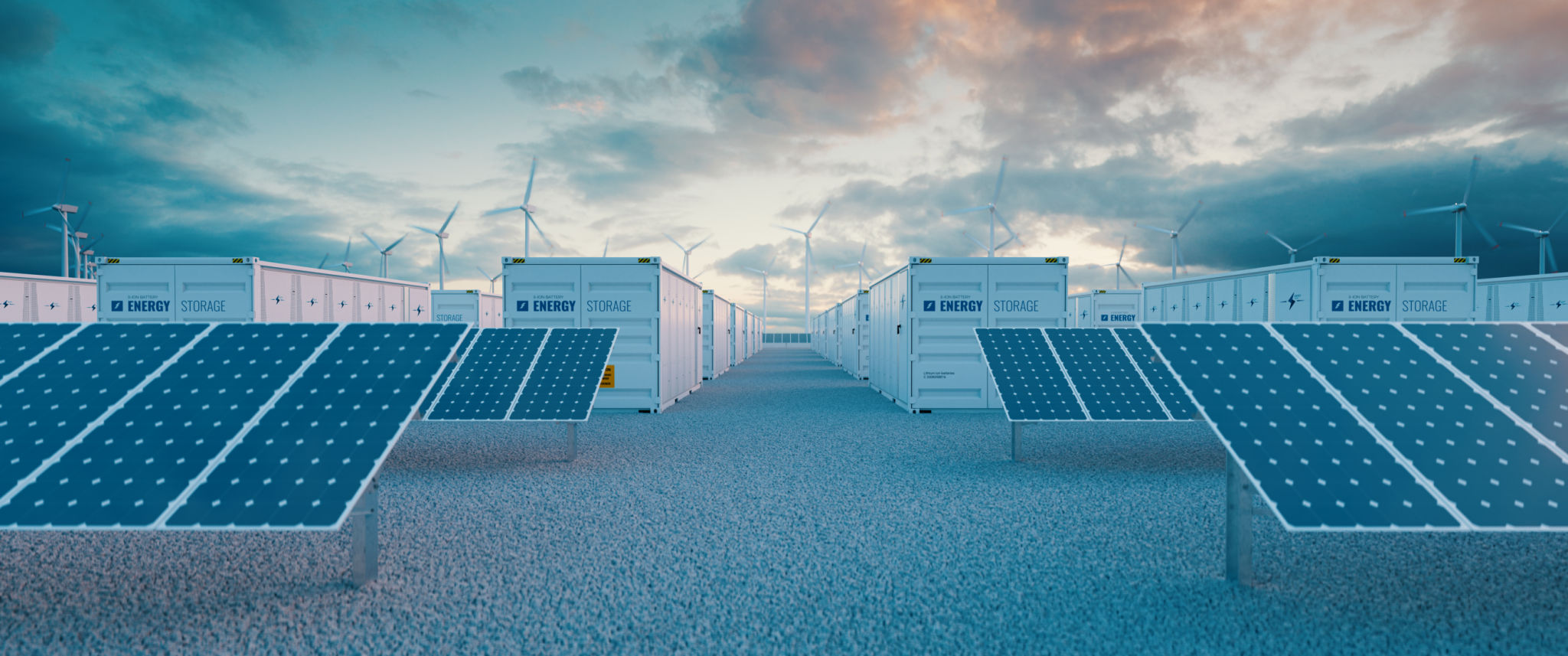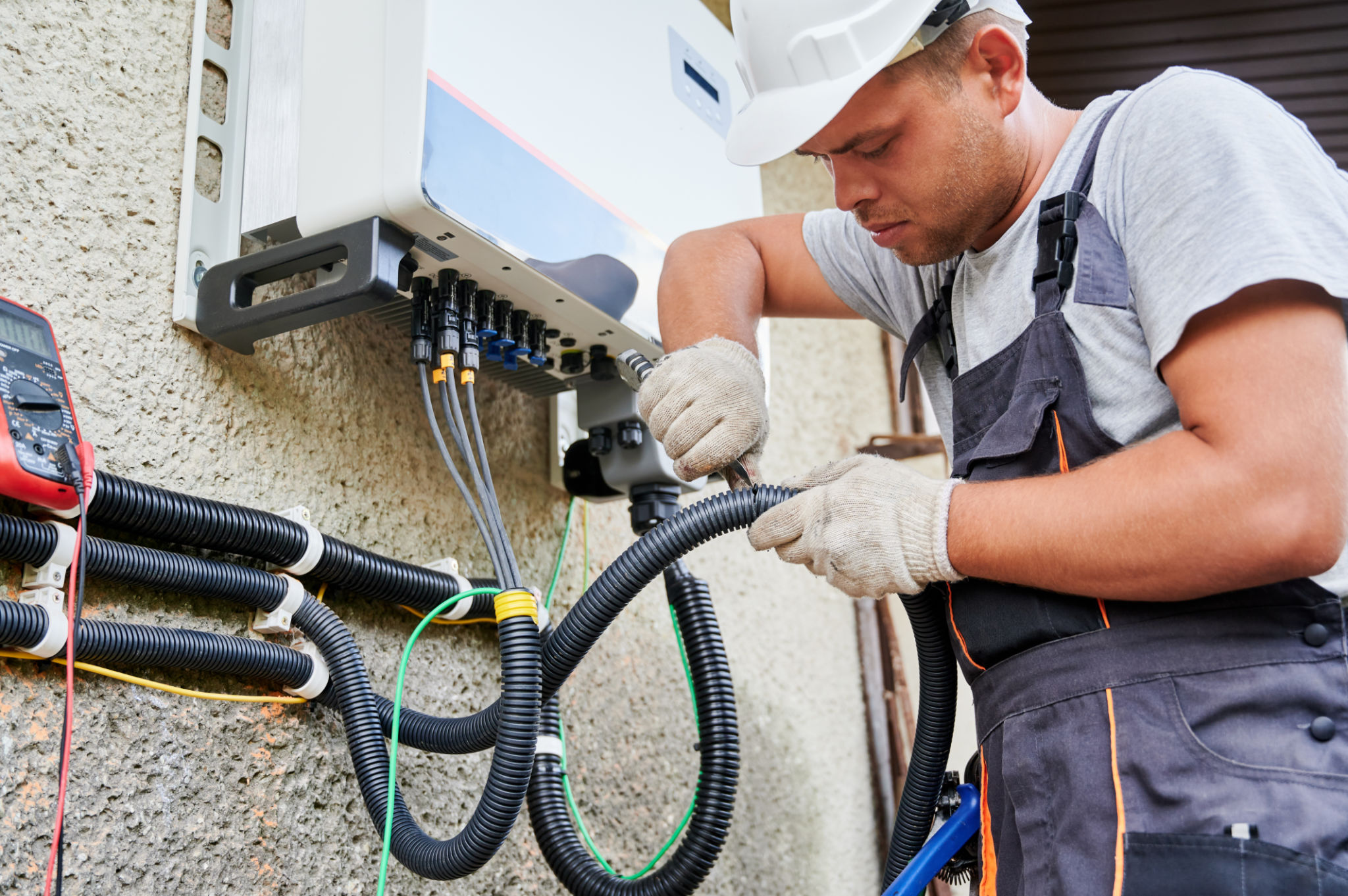Local Regulations and Considerations for Installing Battery Energy Storage in Perth
Understanding Battery Energy Storage Systems
Battery energy storage systems (BESS) are becoming increasingly popular in Perth due to their ability to store renewable energy, reduce electricity bills, and provide backup power during outages. However, installing these systems requires careful consideration of local regulations and guidelines to ensure compliance and safety.

Local Regulations for Battery Installation
In Perth, the installation of battery energy storage systems is governed by specific regulations set forth by local authorities. These regulations are designed to ensure that installations are safe, environmentally friendly, and do not pose any risks to the public or property. It's crucial for homeowners and businesses to be aware of these regulations before proceeding with installation.
Some key considerations include zoning laws, building codes, and fire safety standards. It's essential to consult with local government offices or hire a professional installer who is knowledgeable about these requirements.
Compliance with Australian Standards
In addition to local regulations, all battery installations must comply with Australian Standards. These standards provide guidelines for the safe design, installation, and maintenance of battery systems. The most relevant standards include:
- AS/NZS 5139:2019 - Electrical installations - Safety of battery systems for use with power conversion equipment.
- AS/NZS 4777.1:2016 - Grid connection of energy systems via inverters.
Ensuring compliance with these standards is vital to avoid potential legal issues and ensure system safety and efficiency.

Environmental Considerations
The environmental impact of battery systems is an important consideration in Perth. While these systems can significantly reduce reliance on fossil fuels, the production and disposal of batteries pose environmental challenges. It is crucial to select batteries that have minimal environmental impact and consider recycling options at the end of their lifecycle.
Engaging with suppliers who offer environmentally friendly products and services can help mitigate these concerns. Additionally, some local government programs may offer incentives or support for choosing sustainable options.
Choosing the Right Installer
Hiring a qualified installer is essential for ensuring compliance with all regulations and standards. Look for installers who are accredited by the Clean Energy Council (CEC) as they have demonstrated expertise in solar and battery installations.
A professional installer will not only ensure that your system is compliant but also optimize its performance and longevity. They can provide valuable advice on system selection, placement, and integration with existing solar panels.

Financial Incentives and Support
To encourage the adoption of battery energy storage systems, various financial incentives and support programs are available in Perth. These may include rebates, subsidies, and interest-free loans that can significantly reduce the upfront cost of installation.
It's advisable to research available incentives and consult with your installer or local government offices to take full advantage of these financial benefits.
Conclusion
Installing a battery energy storage system in Perth requires careful planning and adherence to local regulations and Australian Standards. By understanding these requirements and selecting a qualified installer, homeowners and businesses can enjoy the benefits of renewable energy while ensuring safety and compliance.
For those considering this investment, staying informed about environmental impacts, financial incentives, and choosing sustainable options can lead to a more efficient and responsible energy solution.